تاپیک Memory در کنار موضوعاتی مثل mind یا brain میتونه در آزمون آیلتس شما رو به چالش بکشه.
چون از یک طرف موضوع پیشپا افتادهای بنظر میاد و از طرف دیگه ممکنه بخاطر استفاده از منابع واژگانی ساده، شانس نمره بالاتر رو ازتون بگیره.
این درس کمکتون میکنه با استفاده از لغات کمتر متداول و اصطلاحی یا idiomatic نمره بالاتری بگیرید.

منابع مرتبط با تاپیک Memory و Brain/Mind در آیلتس
این درس لغات و اصطلاحات متداول و کمتر متداول موضوع حافظه و ذهن رو بهتون یاد میده.
همینطور تکنیکها و نکاتی که باید در پاسخدهی به هر سطح پارت اسپیکینگ بلد باشید رو یاد میگیرید.
اما همونطور که گفتم، حتما باید درک کلیتر و وسیعتری از این تاپیک داشته باشید تا بتونید ایدههاتون رو مطرح کنید و بسط بدید.
منابعی که معرفی میشه دید خیلی خوبی نسبت به این موضوع بهتون میده.
اگه سطح پایینتر از متوسط هستید از درس اسرار حافظه و گذشتهها گذشته شروع کنید.

One# Getting into the Flow
به لذت توجه عمیق حین انجام یک کار، تجربه ‘in the zone’ بودن یا حالت flow گفته میشه که در این درس از کتاب Focus on Vocabulary 1 بهش پرداخته شده.
این درس منبع خیلی خوبی برای یادگیری کالوکیشنها و کلماتیه که به ذهن و مغز و … مرتبط میشن.
- متن PDF این درس رو اینجا بخونید.
- فایل mp3 این درس رو اینجا گوش کنید.
- تمرینات لغت این درس رو اینجا انجام بدید.

Two# When Did Humans Begin to Think?
این درس بخاطر صحبت درباره پیچیدگیهای تکامل انسان از لحاظ تکلم و تفکر، چالشبرانگیز اما بسیار موثره.
یادتون باشه در آیلتس از موضوعاتی ضربه میخورید که هیچوقت باهاشون سروکار نداشتید!
پس این درس رو حتما مرور کنید.
- متن PDF این درس رو اینجا بخونید.
- فایل mp3 این درس رو اینجا گوش کنید.
- تمرینات لغت این درس رو اینجا انجام بدید.
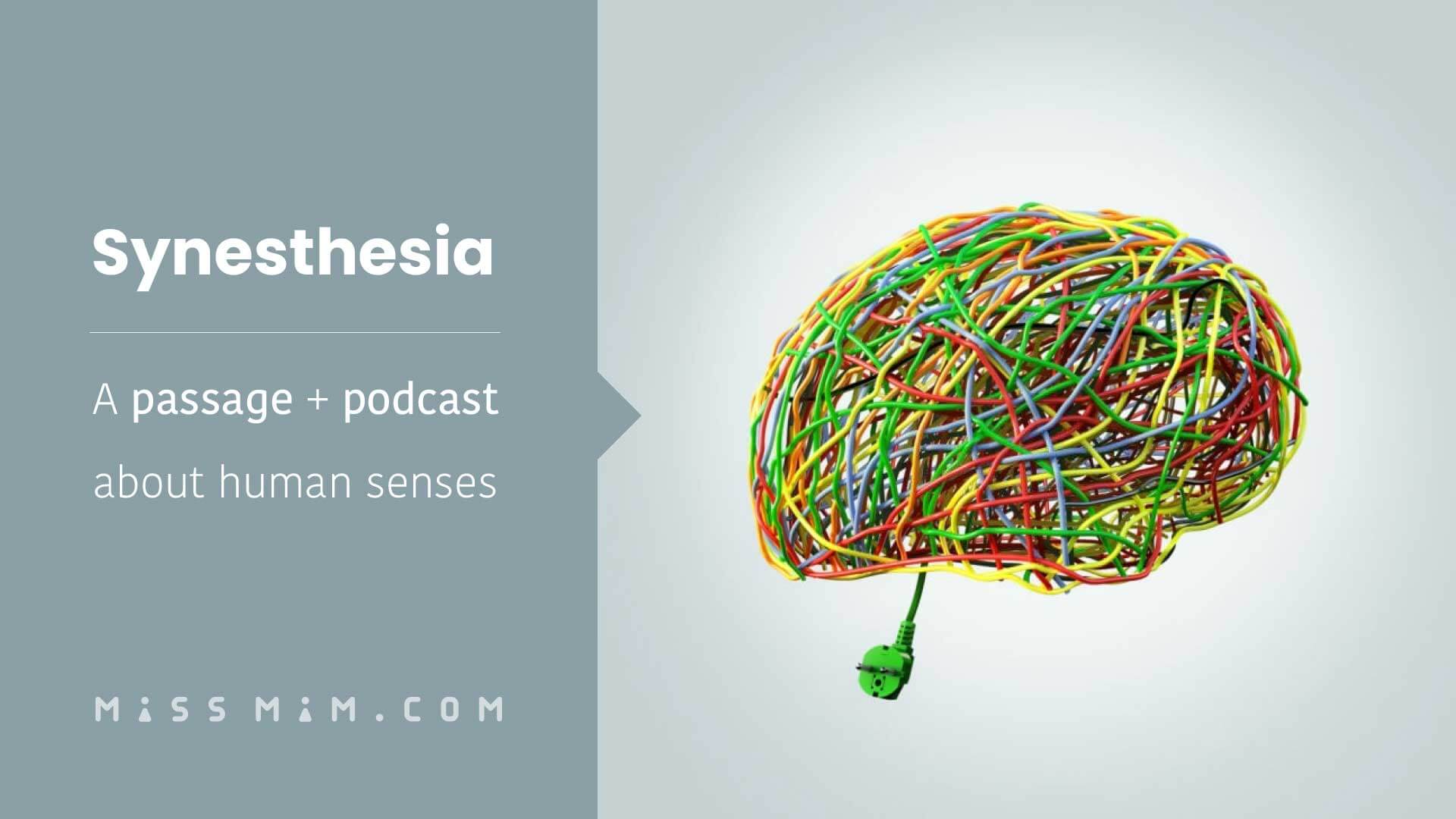
Three# Synesthesia
عنوان عجیب این درس از کتاب Focus on Vocabulary 1 آدمو کنجکاو میکنه که این سینستیژا دقیقا کجای مغز میشه!
حسآمیزی یا Synesthesia به معنی ترکیب حواس هست که در اون ممکنه صداها رو رنگی بشنوید یا بوی خاصی رو بصورت یک شیئ تجربه کنید و .. .
بهترین مثال این پدیده عصبشناختی، میتونه ‘جیغ بنفش’ باشه.
- متن PDF این درس رو اینجا بخونید.
- فایل mp3 این درس رو اینجا گوش کنید.
- تمرینات لغت این درس رو اینجا انجام بدید.
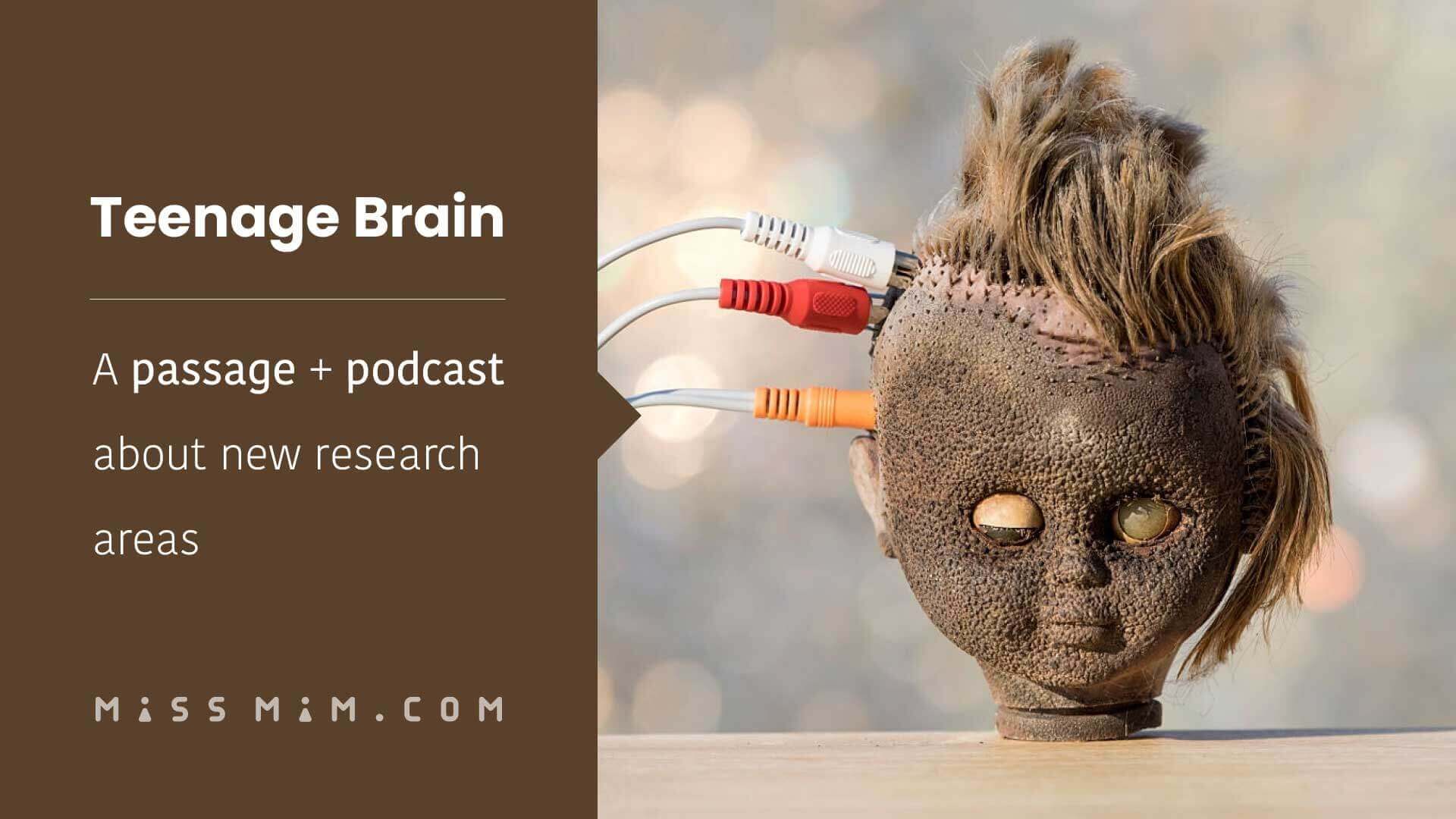
Four# The Teenage Brain
درس آخر از یونیت ذهن در کتاب Focus on Vocabulary 1 به تجربه مشترک همه آدما در دوره نوجوونی میپردازه و تغییراتی که در عملکرد و ساختار مغز بوجود میاد رو توضیح میده.
- متن PDF این درس رو اینجا بخونید.
- فایل mp3 این درس رو اینجا گوش کنید.
- تمرینات لغت این درس رو اینجا انجام بدید.
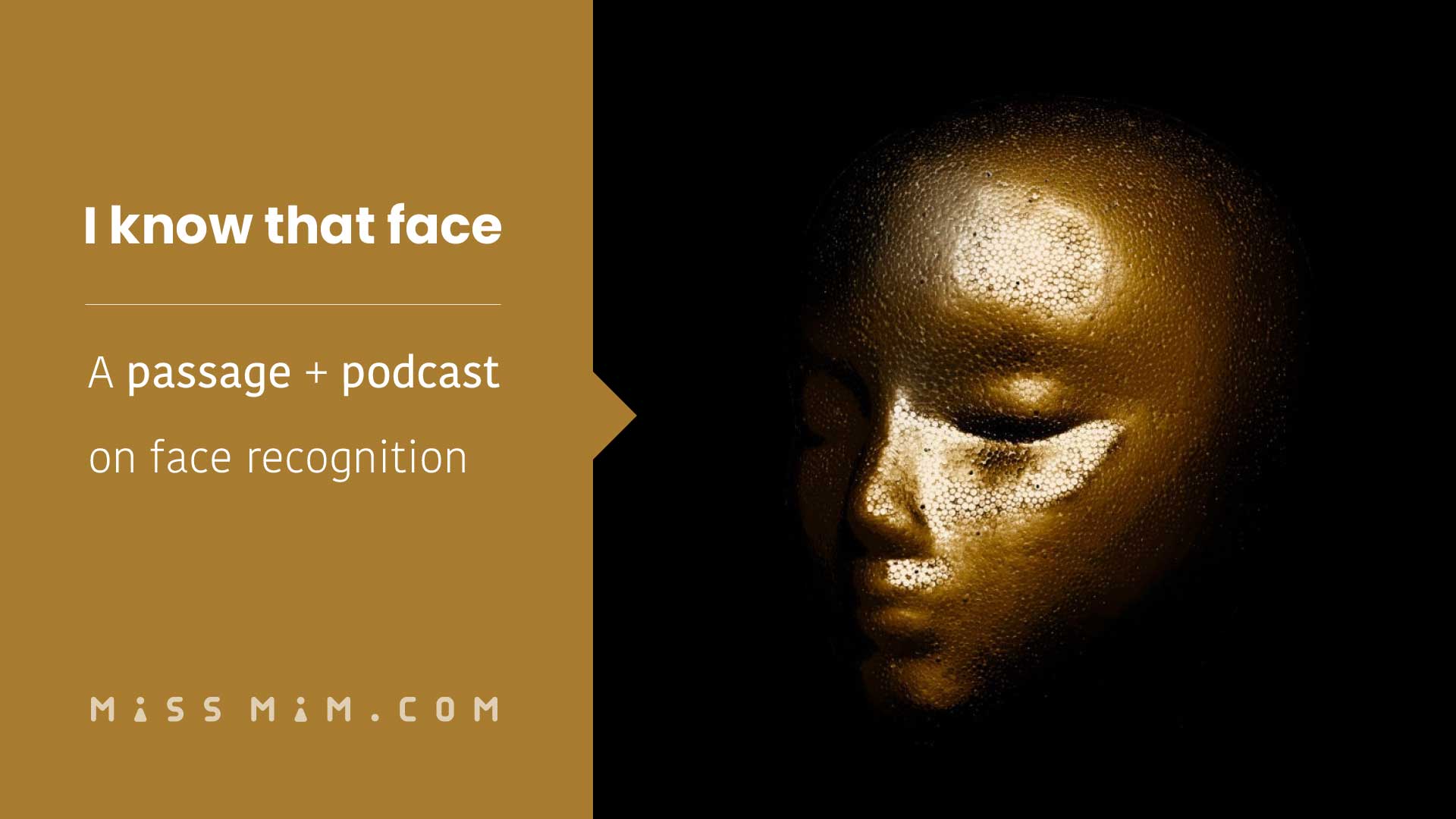
Five# Face Recognition
این درس راجعبه فرایند تشخیص چهره و تکنولوژیهایی که براساس اون طراحی شدن هست و کمکتون میکنه کلی کلمه ترکیب! collocation بدردبخور برای صحبت کردن راجعبه کارکرد مغز یاد بگیرید.
- متن PDF این درس رو اینجا بخونید.
- فایل mp3 این درس رو اینجا گوش کنید.
- تمرینات لغت این درس رو اینجا انجام بدید.

IELTS Speaking Part 1 Questions
Do you have a good memory?
Similarly: Are you good at remembering things?
To be good at remembering THINGS has to be broken down in your reply to avoid being too general.
To be good/bad at remembering:
- Names and faces (recognize faces)
- Pin numbers, passcodes
- Facts and information
- Messages and arrangements
- Things that happened recently/long ago (long term/ short term memory)
Useful language if you tend to say YES : )
- I have a memory like an elephant! (to be very good at remembering things. ‘An elephant never forgets’ is a saying)
- I have an excellent memory.
- I have an extraordinary memory.
- My memory is pretty good.
- I’m pretty good at remembering things like ….
- I have a photographic memory. (to be able to remember visual details of an event, etc.)
Useful language if you tend to say NO : (
- I have a poor memory.
- I have a bad memory.
- I have an awful memory.
- I have a terrible memory.
- I have the memory of a goldfish (to forget things quickly)
- I have a mind like a sieve (If you have a mind like a sieve or a brain like a sieve, you have a bad memory and often forget things.)
- Slip sb’s memory/mind. e.g. Things slip my mind/memory very easily.
- Lose your train of thought. (If you forget what you were saying, for example after a disturbance or interruption, you lose your train of thought.) e.g. I even lose my train of thoughts while speaking/ having a conversation.
- Rack your brain (To struggle to recall or think of something.)
e.g. I would have to rack my brain to remember the name of books, movies ….
Do you remember your early childhood memories?
Hint(s):
- I remember nothing before the age of 4 or 5.
- I can vividly/clearly remember …
- I can vaguely/barely remember …
- I can remember in detail (no plural ‘s’) …
- My memory is getting worse
- I can’t remember what I had for dinner last night!
How do you remember things?
Hint(s):
If there is a significant event:
- I’d mark up the calendar
- I’d set an alarm
- I’d write on a post-it
- I’d write a post-it note
- I’d write a sticky note

IELTS Speaking Part 2 Questions
Talk about a time you forgot something really important.
You should say:
- What it was
- When it occurred
- Why you forgot about it
- And explain how you felt about it.
Hint(s):
When you missed a deadline or a doctor’s appointment, etc.
>> Useful Language:
- Be haunted by a/the memory
- I felt horrible
- I was utterly embarrassed.
- I was deeply ashamed.
- forget something vs. forget about something: To forget (about) is to stop thinking about someone or something, or to stop thinking about doing something:
I wish I could forget him but I can’t.
I’m afraid we’ll have to forget about going to the beach – it’s raining.

IELTS Speaking Part 3 Questions
How can someone improve their memory?
Hint(s):
- Doing crossword puzzles
- Doing brain trainers
>> Useful Language:
- To make something fix in our memory
- To make something stick in our mind
- Lay down a memory (make a new memory)
Do you think having a good memory is important?
Similarly: What are the benefits of having a good memory?
>> Useful Language:
- it can be very beneficial to have an exceptional/Impressive memory
- It makes a world of difference
Are there any things that are especially important for people to memorize?
Hint(s):
- Emotionally significant memories such as Anniversaries
e.g. Some people get upset if their friends or family forget their birthday or an anniversary.
- A flashbulb memory: A flashbulb memory is a highly detailed, exceptionally vivid ‘snapshot’ of the moment and circumstances in which a piece of surprising and consequential (or emotionally arousing) news was learned about.)
Why do some people lose their memory?
Hint(s):
- Memory loss can happen due to* medical conditions like a brain tumor or traumatic brain injuries.
- Aging may cause the faculty to deteriorate in the elderly.
- As people grow old, cognitive abilities might decline.
* Don’t say due to medical reason as it already means ‘for medical reasons’ when you use ‘due to’.

IELTS – Style Speaking Questions about Memory
Part 1
Do you have a good memory?
Are you good at remembering things?
Do you remember your early childhood memories?
How do you remember things?
Part 2
Talk about a time you forgot something really important.
You should say:
What it was
When it occurred
Why you forgot about it
And explain how you felt about it.
Talk about a time you forgot something really important.
You should say:
What it was
When it occurred
Why you forgot about it
And explain how you felt about it.
Part 3
How can someone improve their memory?
Do you think having a good memory is important?
What are the benefits of having a good memory?
Are there any things that are especially important for people to memorize?
Why do some people lose their memory?

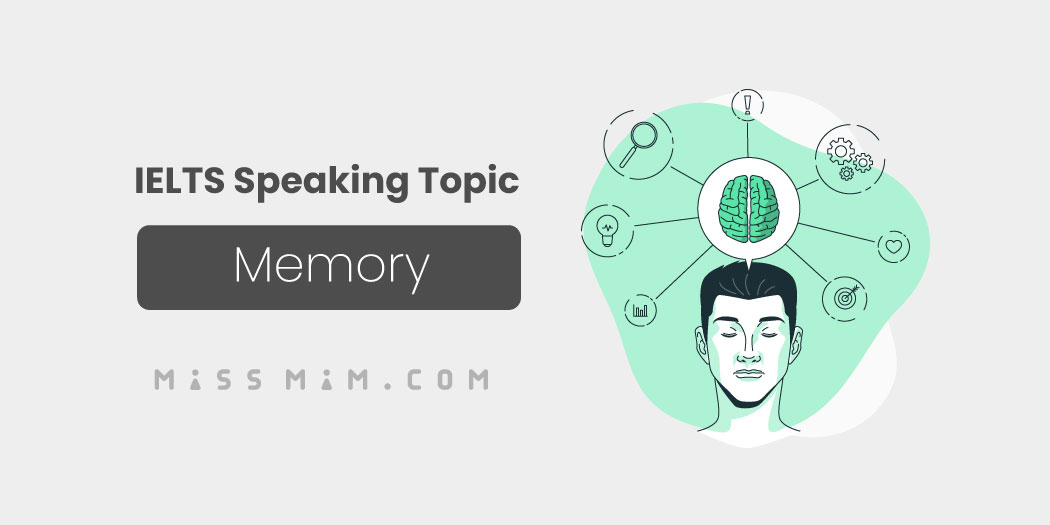
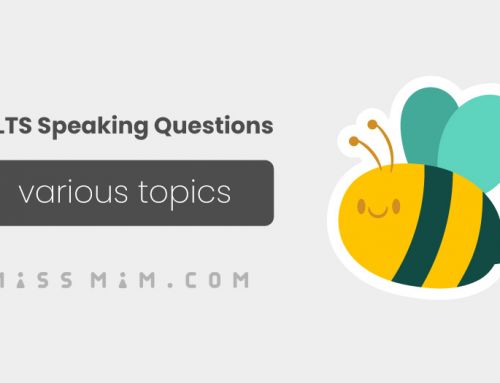
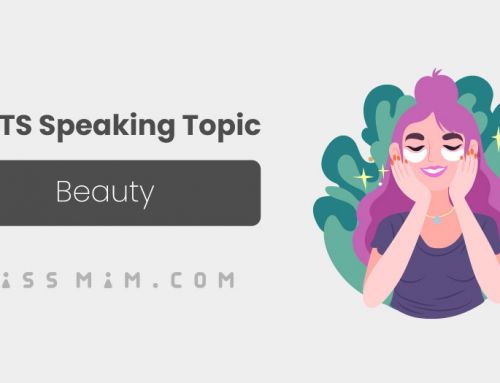

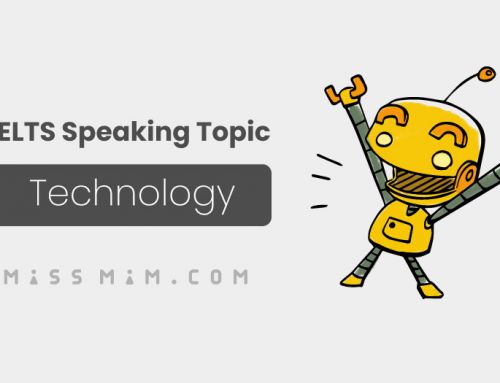

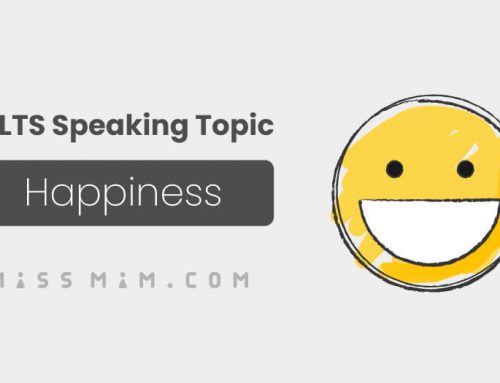
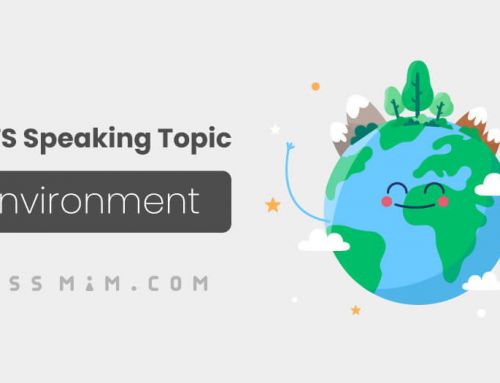
ثبت ديدگاه